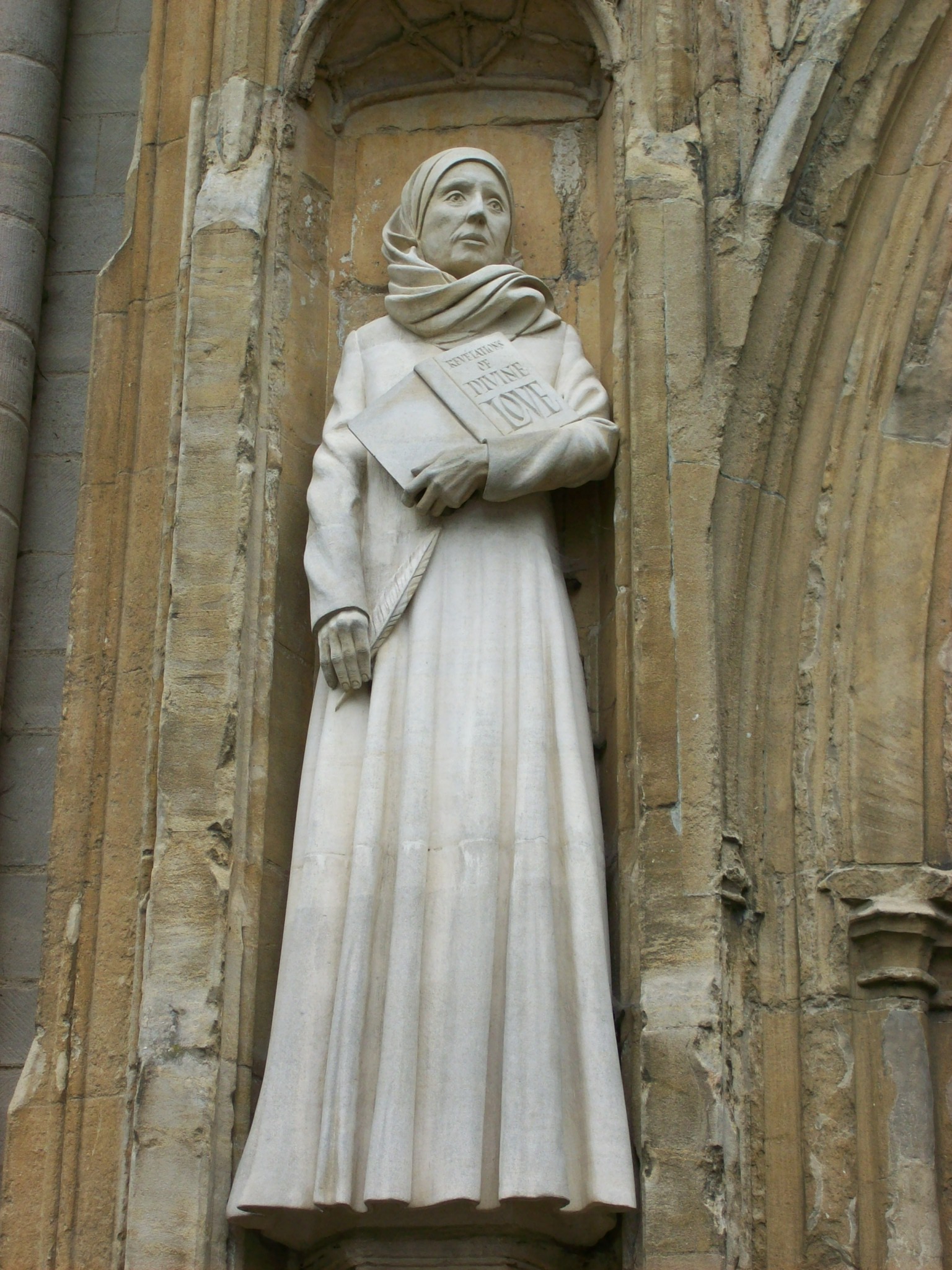Summations, Chapter 61
Julianna z Norwich: Cytaty po angielsku
And high understanding it is, inwardly to see and know that God, which is our Maker, dwelleth in our soul; and an higher understanding it is, inwardly to see and to know that our soul, that is made, dwelleth in God’s Substance: of which Substance, God, we are that we are.
And I saw no difference between God and our Substance: but as it were all God; and yet mine understanding took that our Substance is in God: that is to say, that God is God, and our Substance is a creature in God.
Summations, Chapter 54
Summations, Chapter 50
The Thirteenth Revelation, Chapter 32
The Thirteenth Revelation, Chapter 32
“But first me behoveth to tell you as anent my feebleness, wretchedness and blindness.”
I have said in the beginning: And in this all my pain was suddenly taken from me: of which pain I had no grief nor distress as long as the Fifteen Shewings lasted following. And at the end all was close, and I saw no more. And soon I felt that I should live and languish; and anon my sickness came again: first in my head with a sound and a din, and suddenly all my body was fulfilled with sickness like as it was afore. And I was as barren and as dry as I never had comfort but little. And as a wretched creature I moaned and cried for feeling of my bodily pains and for failing of comfort, spiritual and bodily.
The Fifteenth Revelation, Chapter 66
He is with us in Heaven, very Man, in His own Person, us updrawing; and that was shewed in the Spiritual Thirst. And He is with us in earth, us leading; and that was shewed in the Third, where I saw God in a Point. And He is with us in our soul, endlessly dwelling, us ruling and keeping; and that was shewed in the Sixteenth, as I shall tell.
Summations, Chapter 52
with contrition and compassion. And that shewed our Lord in this time, and gave me strength and grace to see it.
The Eighth Revelation, Chapter 21
The Sixteenth Revelation, Chapter 80
